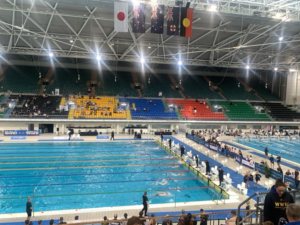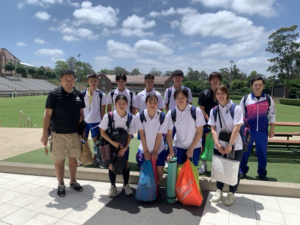Last month, I had the opportunity to talk about service delivery in Japan at the UTS seminar.
In my presentation, I introduced some basic principles about who delivers services.
First, whenever possible, service delivery should first go to the private sector. The history of service delivery is the history of privatisation. For example, in the past, railway services, telephone services and the postal service were operated by the central government or government related organisations. But now, all of these services have been privatised. There is also the trend of outsourcing.
In the public sector, service delivery is allocated based on the idea that, whenever possible, services should first go to the municipalities, then to the prefectures, and only when these governments cannot handle a task, should it go to the central government. This is why Japan’s local governments require large amounts of financial resources.
In various services such as garbage disposal and sewage, they are delivered more efficiently through regional cooperation among several municipalities.
I also emphasised that Japanese local governments, facing financial difficulties, should now deliver services not from “a this and that model” but “a this or that model”.
For more information, please visit the link below.
https://www.jlgc.org.au/wp-content/uploads/2013/03/8-AUG-UTS-Presentation.pdf

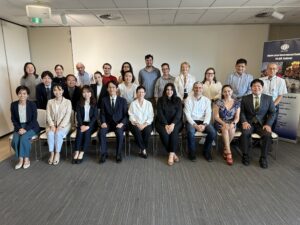
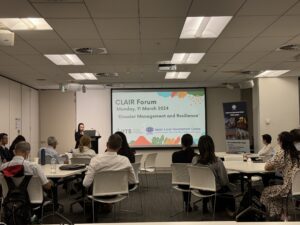
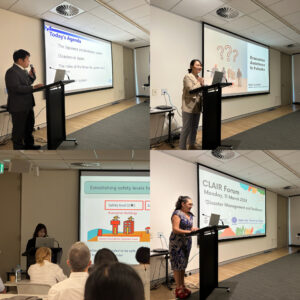
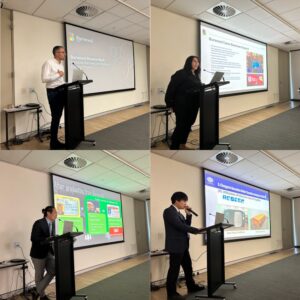
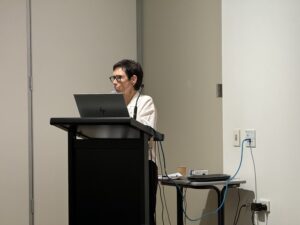
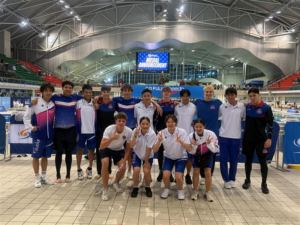 12月3~13日、福岡県水泳連盟の選抜選手8名がNSW州を訪問し、現地の学校との合同練習とNSW州の大会に参加しました。
12月3~13日、福岡県水泳連盟の選抜選手8名がNSW州を訪問し、現地の学校との合同練習とNSW州の大会に参加しました。